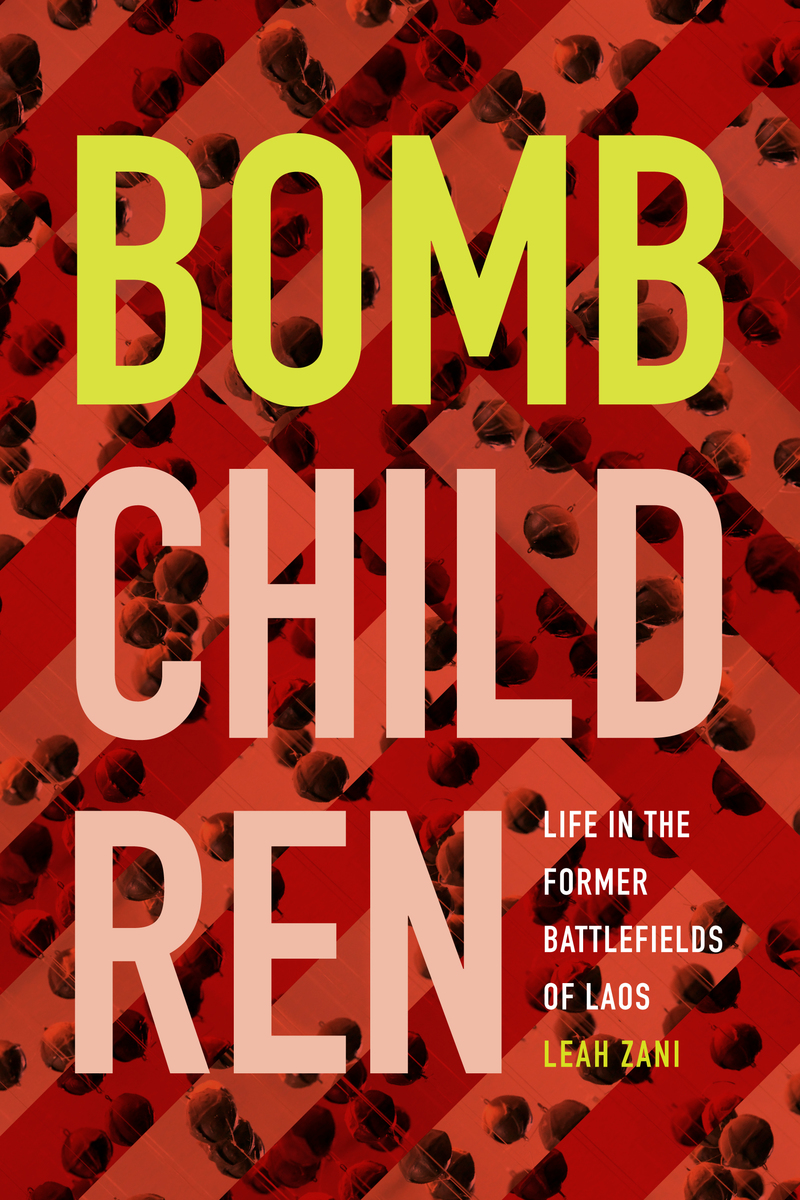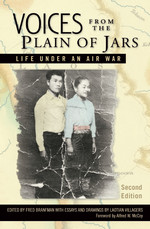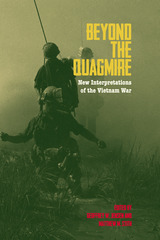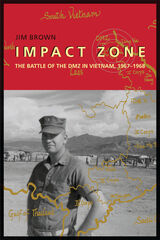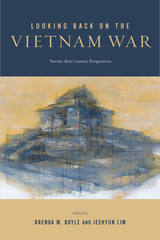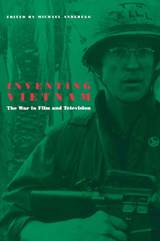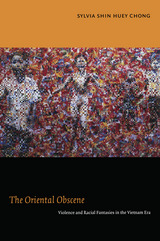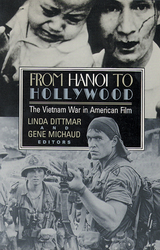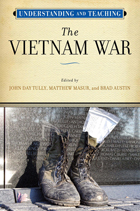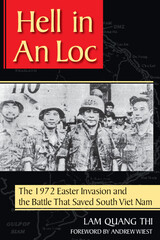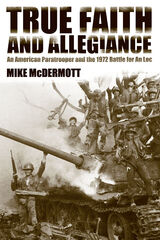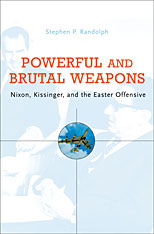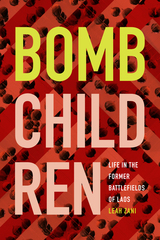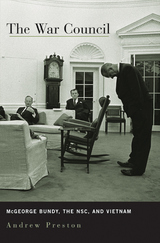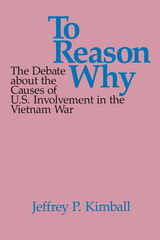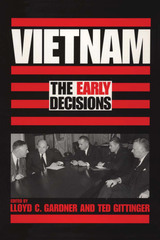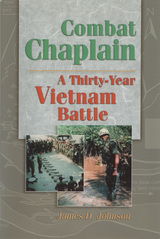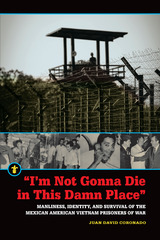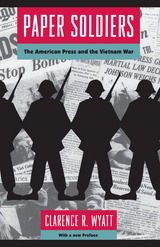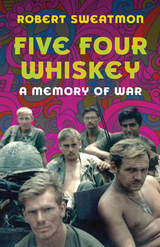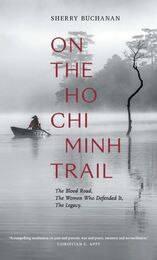Bomb Children: Life in the Former Battlefields of Laos
Duke University Press, 2019
eISBN: 978-1-4780-0526-1 | Paper: 978-1-4780-0485-1 | Cloth: 978-1-4780-0422-6
Library of Congress Classification DS557.8.L3Z36 2019
See other books on: 1975- | Aerial operations, American | Campaigns | Rural conditions | Vietnam War, 1961-1975
See other titles from Duke University Press
eISBN: 978-1-4780-0526-1 | Paper: 978-1-4780-0485-1 | Cloth: 978-1-4780-0422-6
Library of Congress Classification DS557.8.L3Z36 2019
ABOUT THIS BOOK | AUTHOR BIOGRAPHY | REVIEWS | TOC | REQUEST ACCESSIBLE FILE
ABOUT THIS BOOK
Half a century after the CIA's Secret War in Laos—the largest bombing campaign in history—explosive remnants of war continue to be part of people's everyday lives. In Bomb Children Leah Zani offers a perceptive analysis of the long-term, often subtle, and unintended effects of massive air warfare. Zani traces the sociocultural impact of cluster submunitions—known in Laos as “bomb children”—through stories of explosives clearance technicians and others living and working in these old air strike zones. Zani presents her ethnography alongside poetry written in the field, crafting a startlingly beautiful analysis of state terror, authoritarian revival, rapid development, and ecological contamination. In so doing, she proposes that postwar zones are their own cultural and area studies, offering new ways to understand the parallel relationship between ongoing war violence and postwar revival.
See other books on: 1975- | Aerial operations, American | Campaigns | Rural conditions | Vietnam War, 1961-1975
See other titles from Duke University Press
